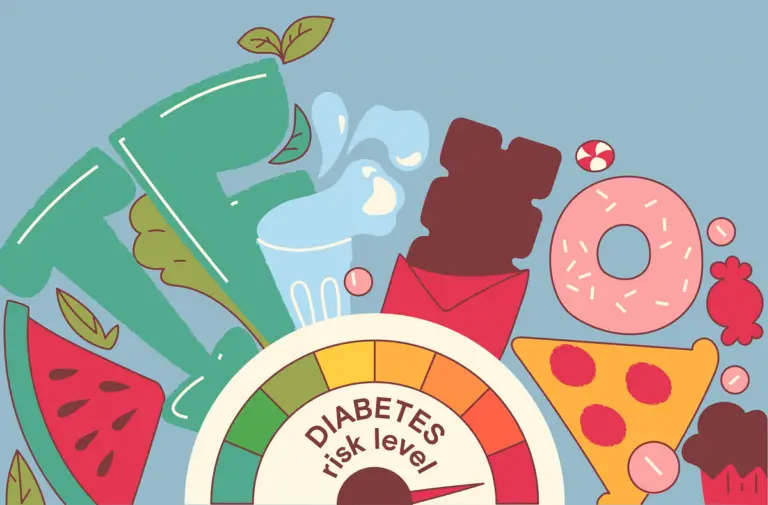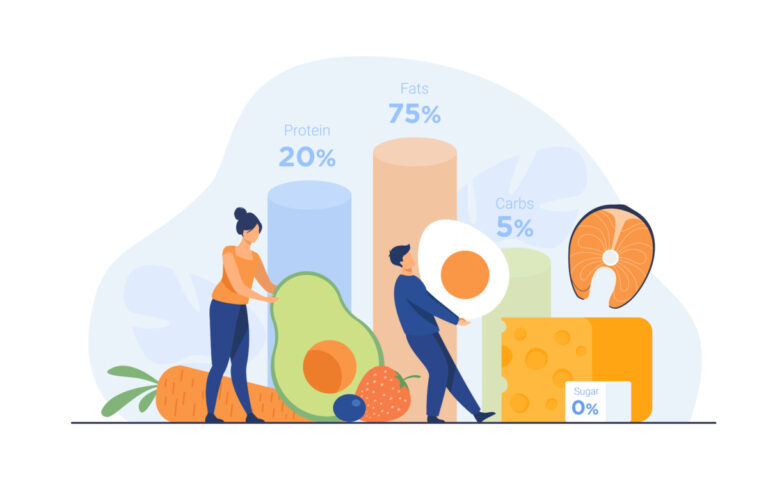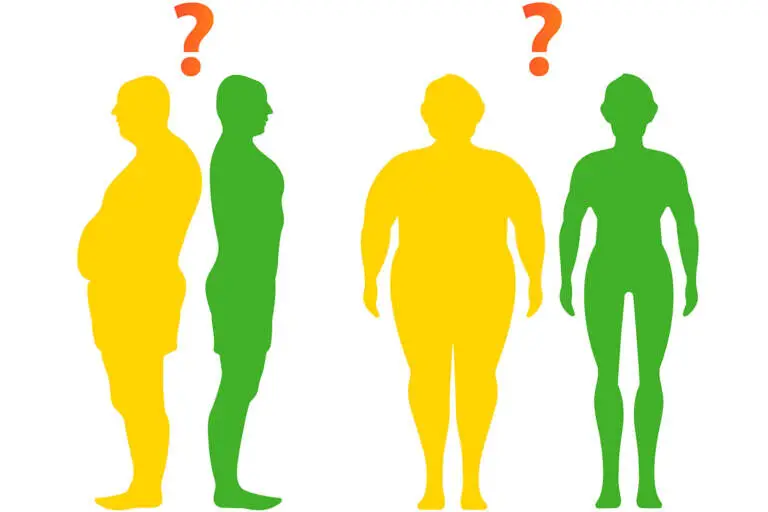Intermittent Fasting for Women Over 50 | Best Tips!

Intermittent fasting for women over 50 is one of the recommended diet types. Metabolism slows down with age. This is why weight increase occurs.
Food is taken for a certain time of the day and fasting is performed for the rest of the day with intermittent fasting. In this way, excessive food intake is avoided.
-
Contents
Intermittent Fasting for a Short Period
As the name suggests, the intermittent fasting diet consists of fasting at certain intervals. In the short-intermittent fasting diet, food is not taken into the body during a specific part of the day.
Fasting and low-calorie food such as herbal tea are taken if necessary during this period. Food intake is done regularly and at certain time intervals. Usually, dinner or breakfast is skipped. In this way, the body is not calorie intake for 16 hours.
-
Intermittent Fasting for a Long Period
How long should intermittent fasting be applied? In this version of intermittent fasting, the fasting period is extended. While eating normally for five days a week, fasting for the remaining two days requires only a specific calorie intake level.
Not choosing these two days in a row will give more successful results. In another long-intermittent fasting diet, no food is eaten for 24 hours on two selected days of the week or consumed low-calorie foods.
People who want to practice this fast should first consult a dietitian and whether it is suitable for their health condition.
What Are the Benefits of Intermittent Fasting?

What are the benefits of intermittent fasting? Intermittent fasting has been found to have many health benefits.
Some of these are as follows:
- It speeds up the metabolism, so it slows or stops weight increase.
- Sleep quality increases.
- The diet lowers bad cholesterol and triglyceride ratio.
- Better blood sugar levels.
- It accelerates muscle development.
- It has been observed to have a protective effect against neurological problems.
Considerations in Intermittent Fasting
Those with some health problems should consult their doctor before doing intermittent fasting.
Especially if those who want to do long intermittent fasting have the following health problems, it is essential to consult their doctor first:
- Blood pressure patients
- Diabetes and diabetes patients
- Pregnant women
- Those with stomach ulcers
- Athletes and those who do intense sports
- Those with eating disorders such as anorexia nervosa and bulimia nervosa
How to Start Intermittent Fasting?
There are several ways to practice intermittent fasting. It is recommended to consume fibrous foods since a meal is skipped.
Since fibrous foods give a feeling of fullness for a long time, they will contribute to hunger in case of skipping a meal. Also, sugary foods and products containing high carbohydrates should be avoided as much as possible.
Because the burning and mixing of carbohydrates into the blood is fast, the feeling of hunger that occurs afterward also occurs quickly. Therefore, more healthy fats and protein-containing foods are consumed. During the 16-hour fast, beverages such as black coffee and unsweetened herbal tea can be consumed.





